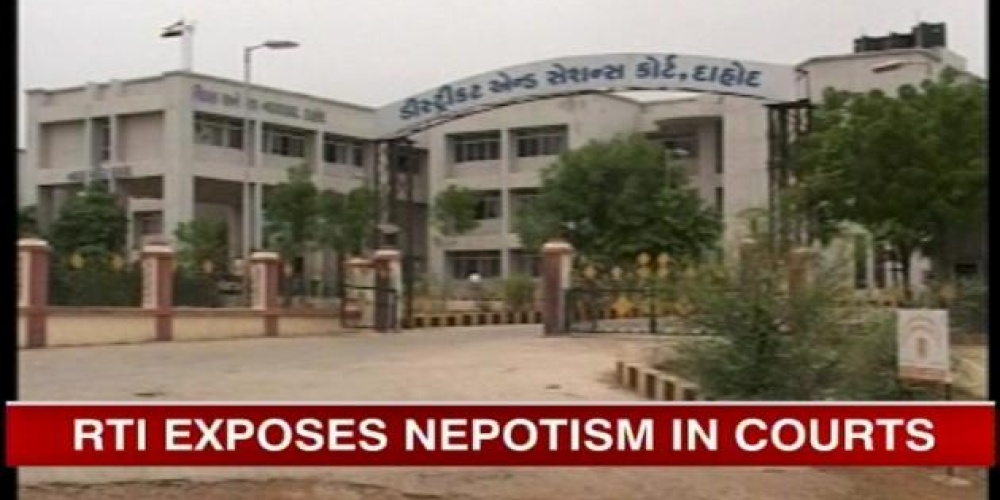
Just a cursory examination of the world around us will confirm the impact on society when the justice system is compromised. And when Torah scholars are involved, we are in deep trouble.
"Rav Melai said in the name of Rav Eleazar, son of Rav Shimon: What is meant by the verse, 'The Lord hath broken the staff of the wicked, the scepter of the rulers' (Isaiah 14:5)? 'The Lord hath broken the staff of the wicked' refers to the judges who become enforcers for their sheriffs; 'the scepter of the rulers' refers to the scholars in the families of the judges."
As Rashi explains, this refers to unworthy judges whose close (family) connections to Torah scholars allow them to maintain power. Nepotism in the judicial process will never yield anything good. This teaching of Rav Melai is followed by another of his teachings, "'For your hands are defiled with blood' (Isaiah 29:3): this refers to the judges", which Rashi explains as the "judges whose hands are open to accept bribery...and take money from the rightful owners inappropriately...and it is as if he took his life."
Apparently, much of the world's problems stem from a situation in which judges, tacitly supported by Torah scholars improperly enrich themselves. While our Sages were not prophets, the Jewish people are, in the words of the Talmud, "the sons of prophets".
Yet just as the prophets would always end with words of hope, so, too, does this sugyah (topic) come to a close with the inspiring words of Rav Melai. "As a reward for 'he [Aaron] saw you [Moshe] and was happy in his heart' (Shemot 4:14), he merited to have the breastplate of justice on his heart".
The first part of the verse, not actually quoted in the Talmud (the Talmudic editors assumed all would know it), contrasts G-d's view of Aaron with that of Moshe. "And G-d was angry with Moshe", who had continued to refuse his mission of leading the Jewish people out of Egypt. Not only was Aaron set to greet Moshe and help in the mission to redeem the Israelites, he did so with joy in his heart. This, despite the fact that he knew he would be second fiddle to Moshe.
To not only pretend, but to actually feel joy at the success of someone who could not have done it without you is quite remarkable. For this, Aaron was rewarded with the high priesthood; and specifically, with the wearing of the breastplate. This plate is the symbol of justice for the Jewish people. It is not by accident that the Arba Turim of Rav Yakov ben Asher, followed by Rav Yosef Karo in the Shulchan Aruch, codifies the laws of the judiciary and those of monetary transactions in the section called Choshen Mishpat.
We need leaders who know how to rejoice in the joy of others. Only those to whom jealousy is a foreign concept can truly judge without personal bias. The Sanhedrin, the seat of justice for the Jewish people, was housed in the Temple. Only those who are the true heirs of Aaron are worthy to be our judges. When we merit such, we can be assured that Aaron's motto of loving peace and seeking peace will bless not only the Jewish people, but the world at large.



